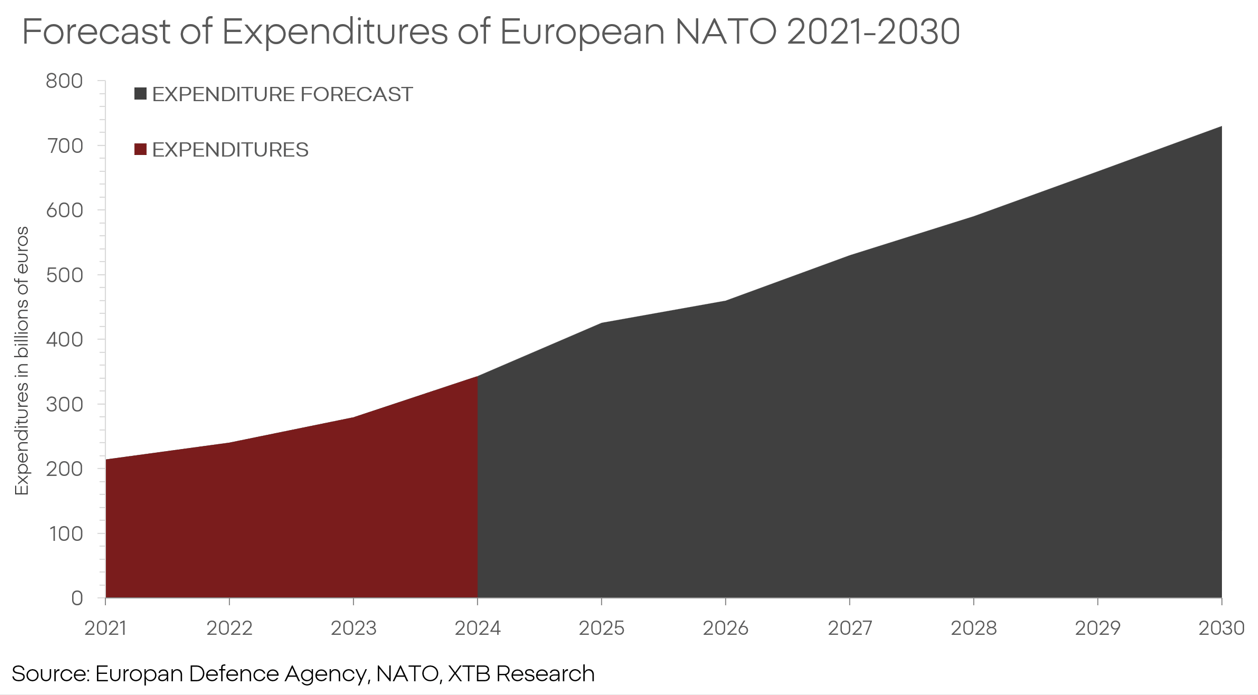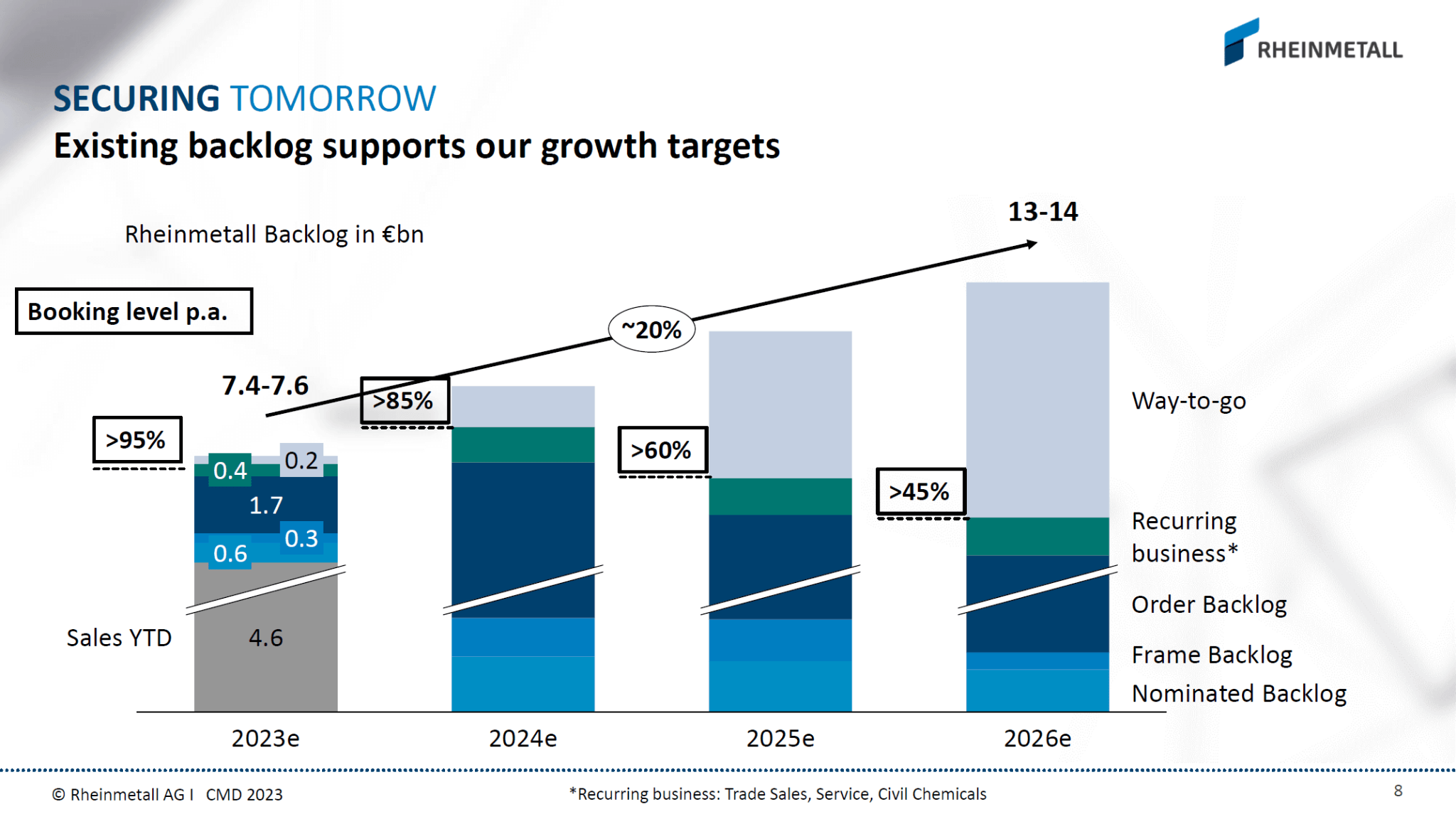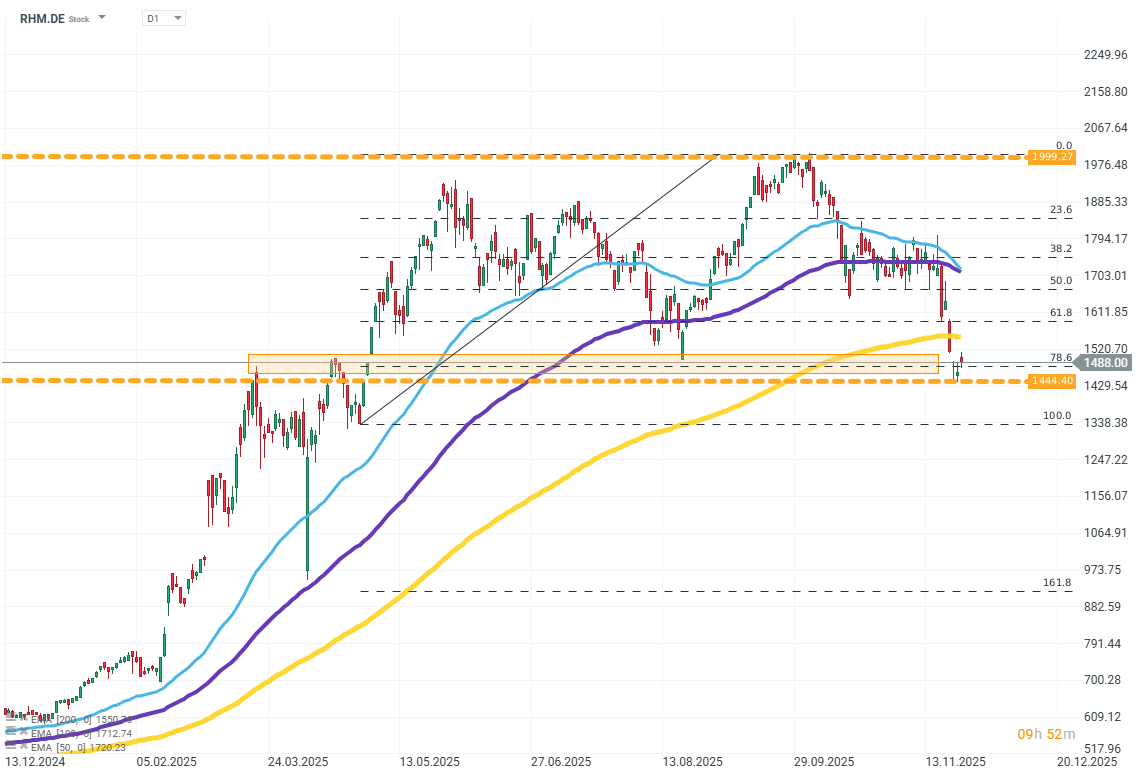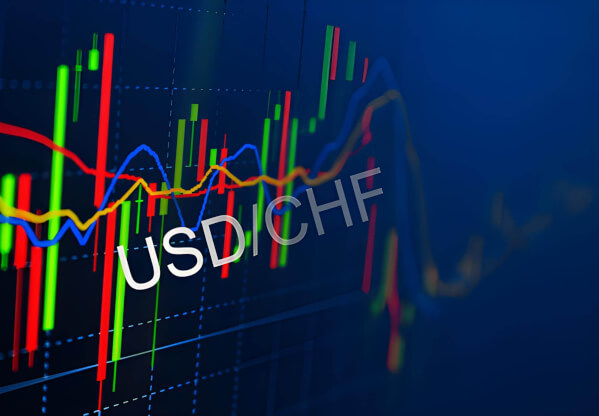- Struggling European economy looks towards Germany for direction
- Germany economic often ends up being more of a gamble and less of a strategy
- Will military spending re-ignite industry and growth?
- Regardless of scenario, German defense industry will benefit
- Struggling European economy looks towards Germany for direction
- Germany economic often ends up being more of a gamble and less of a strategy
- Will military spending re-ignite industry and growth?
- Regardless of scenario, German defense industry will benefit
The German economy is trapped in a phase of economic slowdown resulting from a series of structural problems. High energy costs combined with increasing government spending and low economic growth limit the government's maneuverability and investor optimism. Europe's economic giant is struggling more and more.
Germany has a problem, and no one is avoiding the topic anymore, not even the Germans. Unfortunately, what Germany is avoiding is correctly identifying the source of the problems and addressing them. This is not the first such case in the recent history of the Federal Republic of Germany.
In the 21st century, the German state has shown a tendency towards radical, risky, and poorly thought-out economic strategies. The attempt to base a radical restructuring of a significant part of the Union's economy on Russian resources — mainly gas — ended in a sudden energy crisis and an explosion of inflation that shook the entire community.
The Bundestag's next poker move is to transform current threats into opportunities through massive investments in the defense industry and infrastructure. The German government believes that expanding military capabilities will stimulate the economy, and new technologies developed for the army will eventually reach the civilian sector. This strategy is supposed to allow them to attract capital, skilled workers, and orders from other European countries.


Source: Rheinmetall
Germany still has relatively low and stable public debt, and its industrial base remains strong. The Russian threat is real and long-term, which is expected to provide a lasting and stable demand for armaments throughout Europe. If the process of re-industrialization and militarization were successfully carried out, it could pull the country out of economic stagnation and further strengthen Germany's role in the Union.
However, the key word here is "success." Shifting huge financial resources to the defense sector does not solve fundamental competitiveness problems. It may even deepen them. Labor and energy costs will rise, and capital will be directed where demand exists mainly due to government orders. Increasing debt financing in the long term will deprive Germany of one of its key assets, and growing budgetary pressure may force later cuts when the economy and budget are most vulnerable to them.
As a result, Germany is once again deciding to play "Va banque". After a series of unsuccessful decisions, their margin for error has clearly narrowed. The stakes are not only the restoration of their own competitiveness but also the stability of the entire Europe. Germany must tread very carefully and address the sources of the problems, not just their effects. If the next major economic-strategic maneuver turns out to be misguided, the cost will be borne not only by German taxpayers but also by economic and political partners dependent on the condition of the continent's largest economy.
RHM.DE (D1)

Source: xStation5

Daily summary: Markets aren’t afraid of the conflict, valuations are normalizing

US OPEN: War in Iran hits the markets

EU Suspends Landmark Trade Deal. Gold is up 2%

⛔ Trump’s tariffs ruled illegal: will companies receive billions of dollars in refunds?
This content has been created by XTB S.A. This service is provided by XTB S.A., with its registered office in Warsaw, at Prosta 67, 00-838 Warsaw, Poland, entered in the register of entrepreneurs of the National Court Register (Krajowy Rejestr Sądowy) conducted by District Court for the Capital City of Warsaw, XII Commercial Division of the National Court Register under KRS number 0000217580, REGON number 015803782 and Tax Identification Number (NIP) 527-24-43-955, with the fully paid up share capital in the amount of PLN 5.869.181,75. XTB S.A. conducts brokerage activities on the basis of the license granted by Polish Securities and Exchange Commission on 8th November 2005 No. DDM-M-4021-57-1/2005 and is supervised by Polish Supervision Authority.


